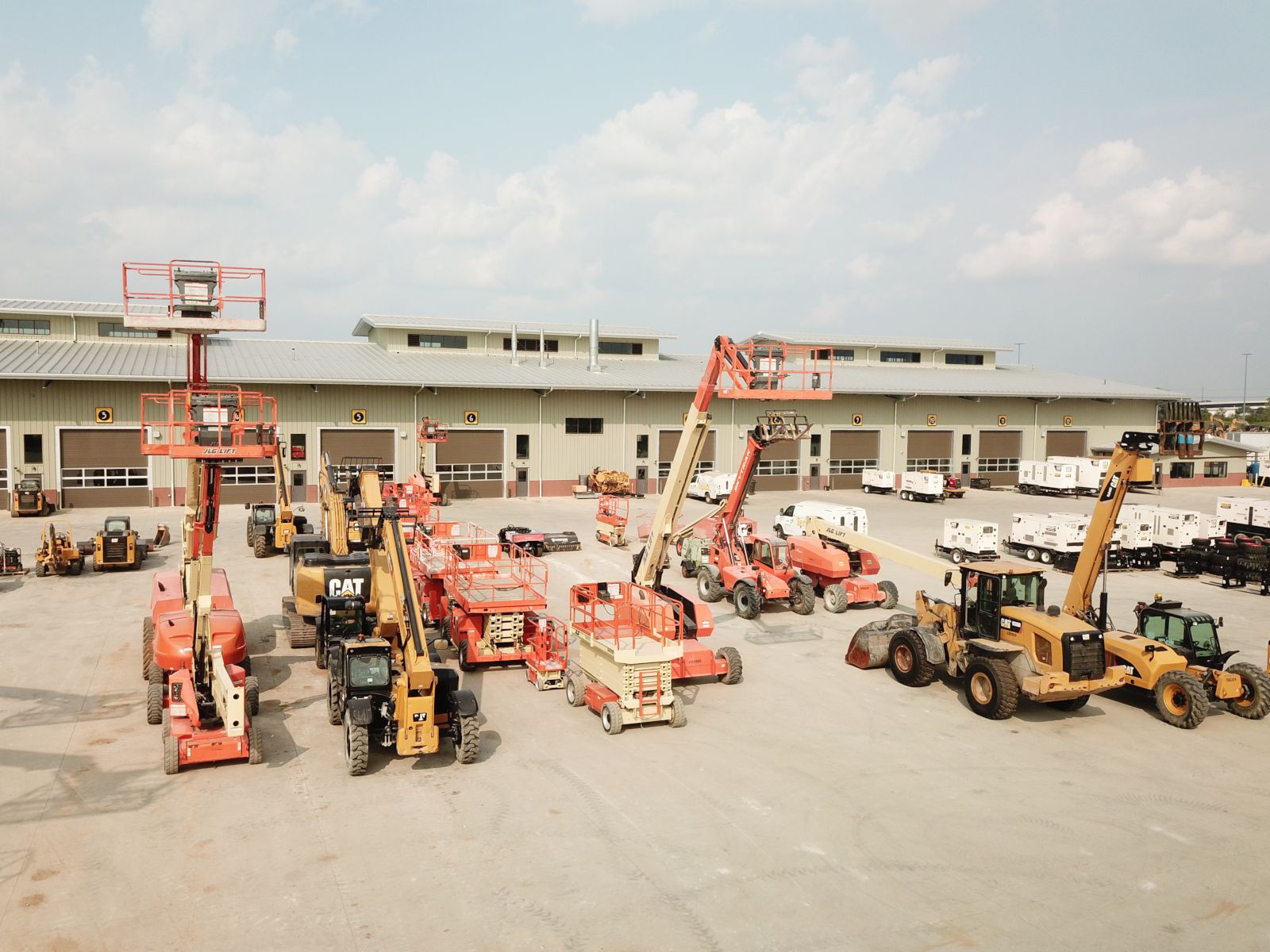Equipment Rental Company: Your Source for All Sorts Of Machinery
Equipment Rental Company: Your Source for All Sorts Of Machinery
Blog Article
Maximize Your Budget by Understanding the Prices Connected With Building Tools Rentals
Understanding the complete range of expenses associated with construction tools services is vital for optimizing your budget plan. What approaches can be utilized to properly manage these costs and make sure a much more effective rental experience?
Introduction of Rental Prices
When taking into consideration building and construction equipment rentals, understanding the associated costs is critical for reliable budgeting and task preparation. Rental expenses can vary significantly based upon several aspects, including equipment type, period of rental, and location. The preliminary rental fee commonly reflects the equipment's market need and its associated operational abilities, influencing the total expenditure.
Along with the base rental price, secondary expenses may emerge, such as transportation charges, fuel surcharges, and upkeep costs. It is necessary to account for these extra expenditures to accurately evaluate the total price of leasing tools. Moreover, the rental period can influence pricing; longer leasings might receive reduced rates, while short-term services may sustain higher day-to-day costs.

Failure of Rental Prices
A thorough understanding of rental prices is vital for contractors and job managers aiming to enhance their spending plans. Rental rates for building devices normally include several parts, including base prices, time-based costs, and usage charges.
Base prices are the core charges connected with the service of the equipment, commonly determined by the type and dimension of the machinery. These rates can vary considerably, affected by aspects such as tools demand, accessibility, and local market patterns. Time-based fees, which might be daily, weekly, or monthly, offer to accommodate different job timelines and rental durations.
Additionally, rental rates may include use charges, which apply when tools is used beyond a specified limit, making sure that the rental business can account for wear and tear. Seasonal demand fluctuations can additionally impact rental prices, with peak construction seasons normally commanding greater prices.
Moreover, understanding the rental firm's policies relating to upkeep and insurance can offer further insight right into the total price structure. By analyzing these elements, professionals can make educated decisions, making sure the selection of rental tools lines up with both job requirements and budget plan restrictions.
Additional Charges to Consider
Understanding the ins and outs of added charges is vital for specialists to manage their general service expenditures successfully. Past the common rental rates, various supplemental fees can substantially impact the overall cost of equipment rental. These charges typically consist of delivery and pick-up costs, which can differ based on distance and logistics involved in moving the tools to and from the work website.
Additionally, some rental business may impose gas surcharges if the equipment is returned with less gas than when rented. It is additionally necessary to understand potential cleaning costs, particularly for customized devices that calls for extensive upkeep after usage.

Thoroughly examining the rental arrangement and clarifying these extra charges ahead important link of time can help professionals make sure and avoid unexpected prices that budgets continue to be undamaged throughout the project lifecycle.
Repair And Maintenance Costs
Normal upkeep and fixing expenses are typically neglected elements that can dramatically influence the general cost of building and construction equipment rentals. When renting devices, it is essential to take into consideration not just the rental charges however likewise the prospective costs connected with maintaining the machinery in optimum operating condition.
Several rental business consist of standard maintenance as part of the rental contract; nonetheless, more comprehensive repairs or unexpected breakdowns can cause extra expenditures. It's vital to assess the rental contract meticulously to recognize what upkeep services are covered and what duties drop on the renter.
Moreover, equipment that is not well-kept can result in ineffectiveness on duty site, potentially causing delays and enhancing project expenses. To mitigate these dangers, it is suggested to conduct regular assessments and maintain open communication with the rental copyright concerning any concerns that arise during use.
Insurance and Obligation Prices
Insurance and responsibility costs are vital components that can substantially influence the general cost of building equipment rentals (forklift rental). These prices guarantee that both the rental firm and the client are secured from possible monetary losses emerging from crashes, damage, rock excavation or burglary during the rental duration

Furthermore, customers ought to know any type of deductibles or exemptions in the insurance coverage, as these can influence potential out-of-pocket costs. Understanding the terms and conditions of any type of insurance Check Out Your URL policy coverage is vital to avoid unanticipated prices. Ultimately, budgeting for insurance policy and liability expenses can assist ensure a smoother rental experience and safeguard against economic risks connected with construction jobs.
Verdict
In final thought, a thorough understanding of the expenses linked with construction devices services is important for efficient budget plan administration. Eventually, notified decision-making pertaining to equipment leasings contributes to the general success of building ventures.
Rental prices can vary significantly based on a number of aspects, including tools type, duration of rental, and area (mini excavator rental). The rental period can influence prices; longer rentals might certify for discounted prices, while short-term leasings might sustain higher day-to-day fees
By conducting thorough research and involving with trusted rental companies, service providers can successfully navigate the intricacies of rental prices, inevitably optimizing their financial resources.
Past the conventional rental rates, various supplementary charges can significantly influence the overall cost of equipment service. Rental companies typically give liability insurance coverage that covers injuries to third parties or damage to home, while equipment damage insurance policy can cover the cost of repair work or substitute if the leased devices is harmed.
Report this page